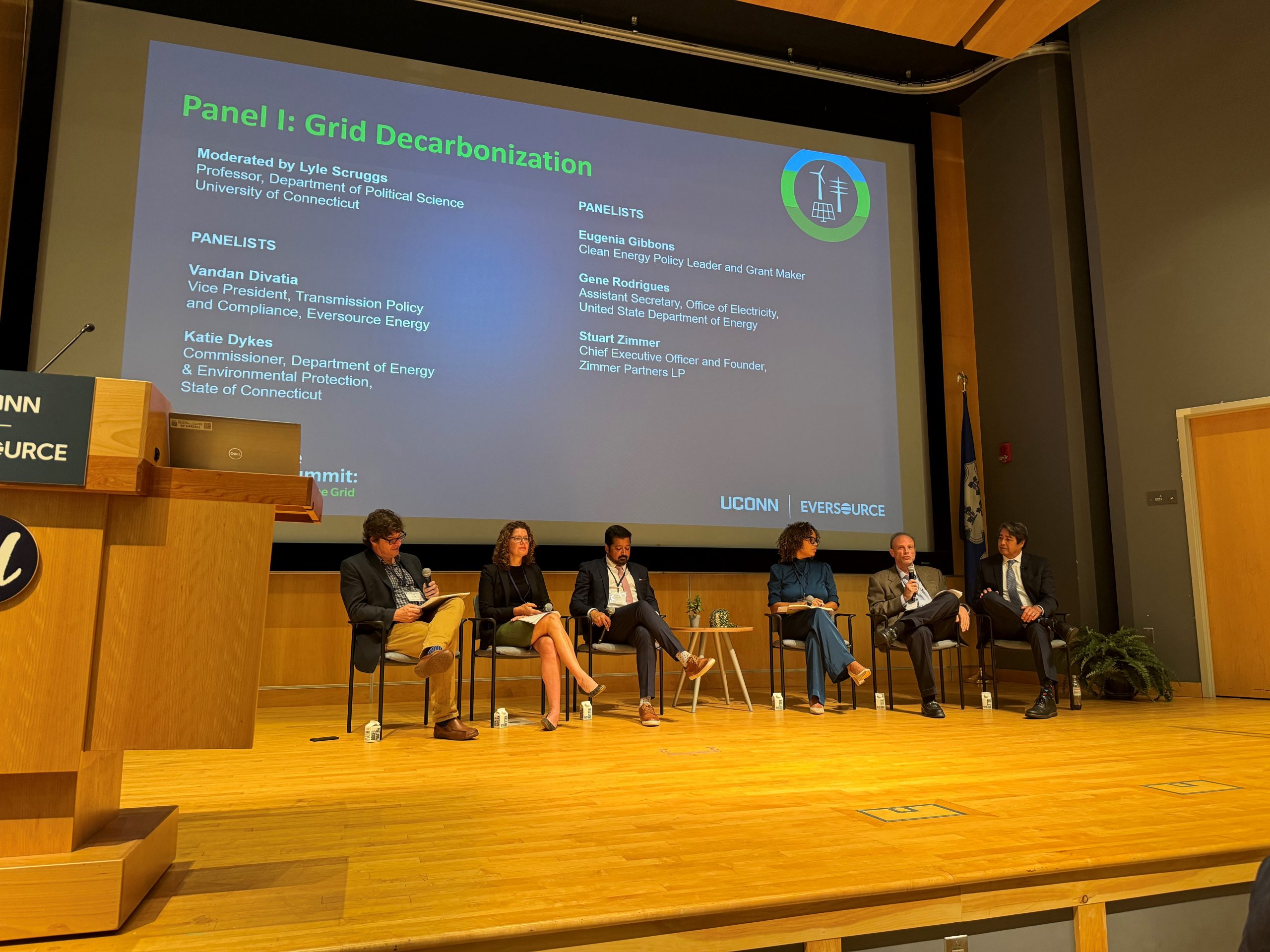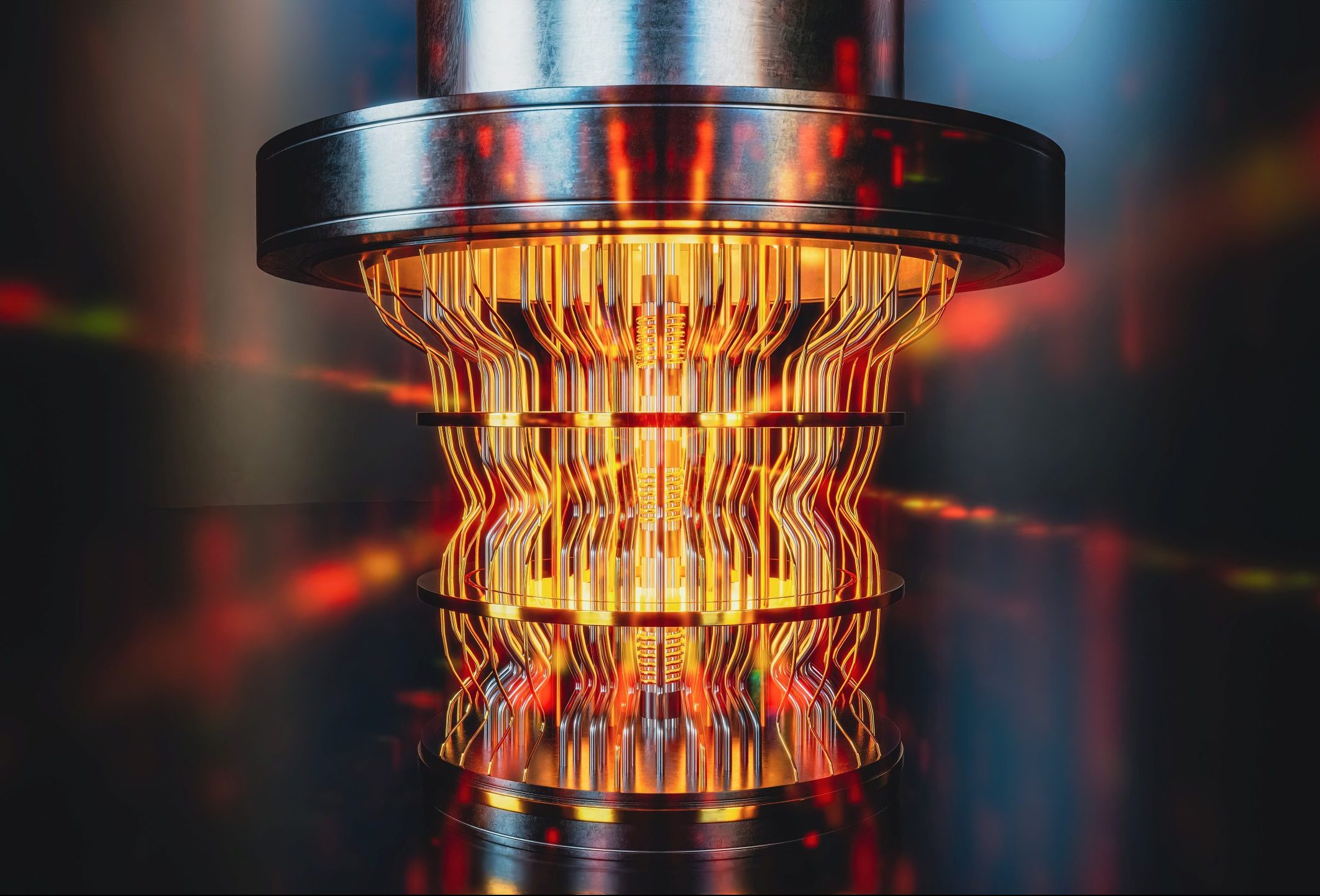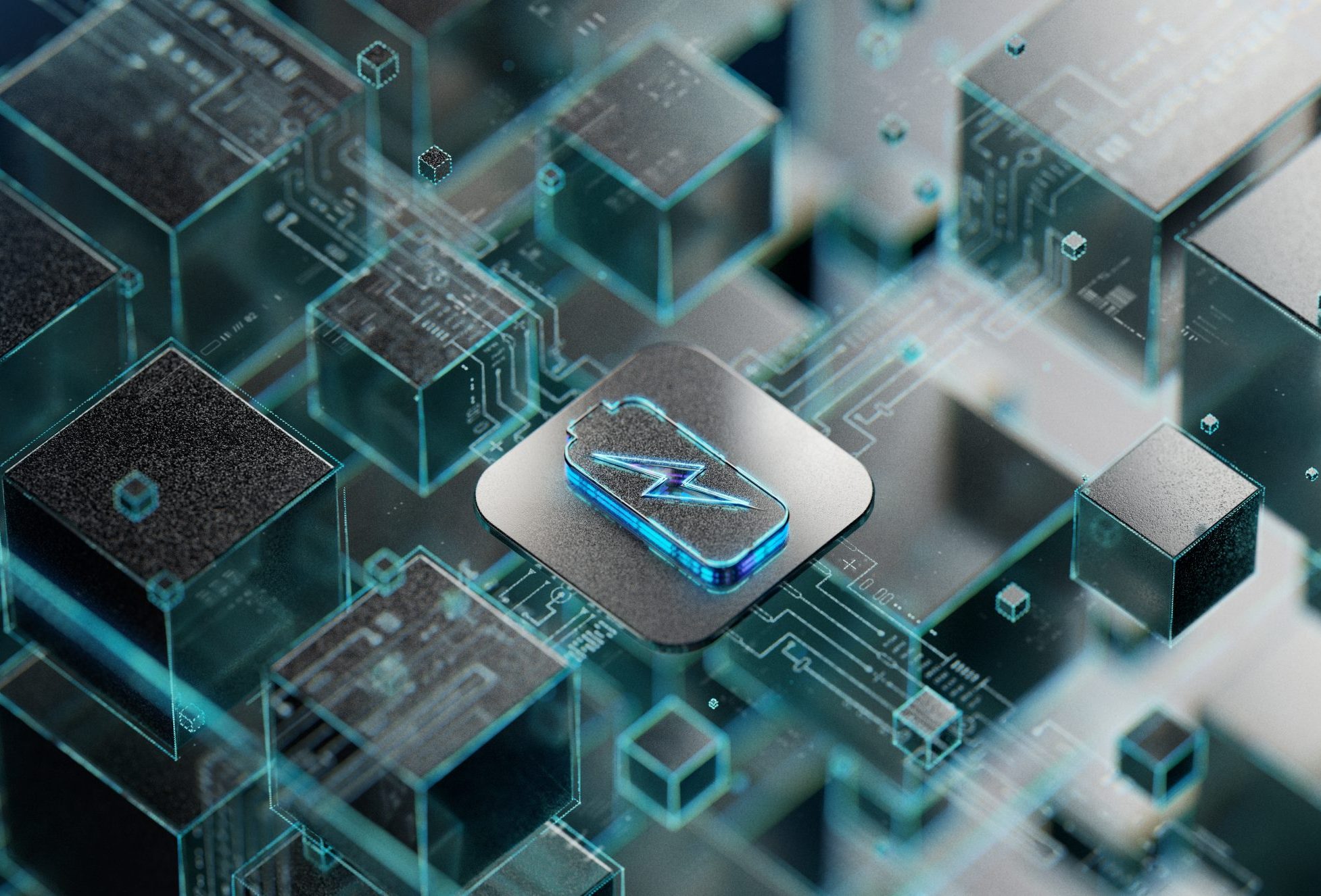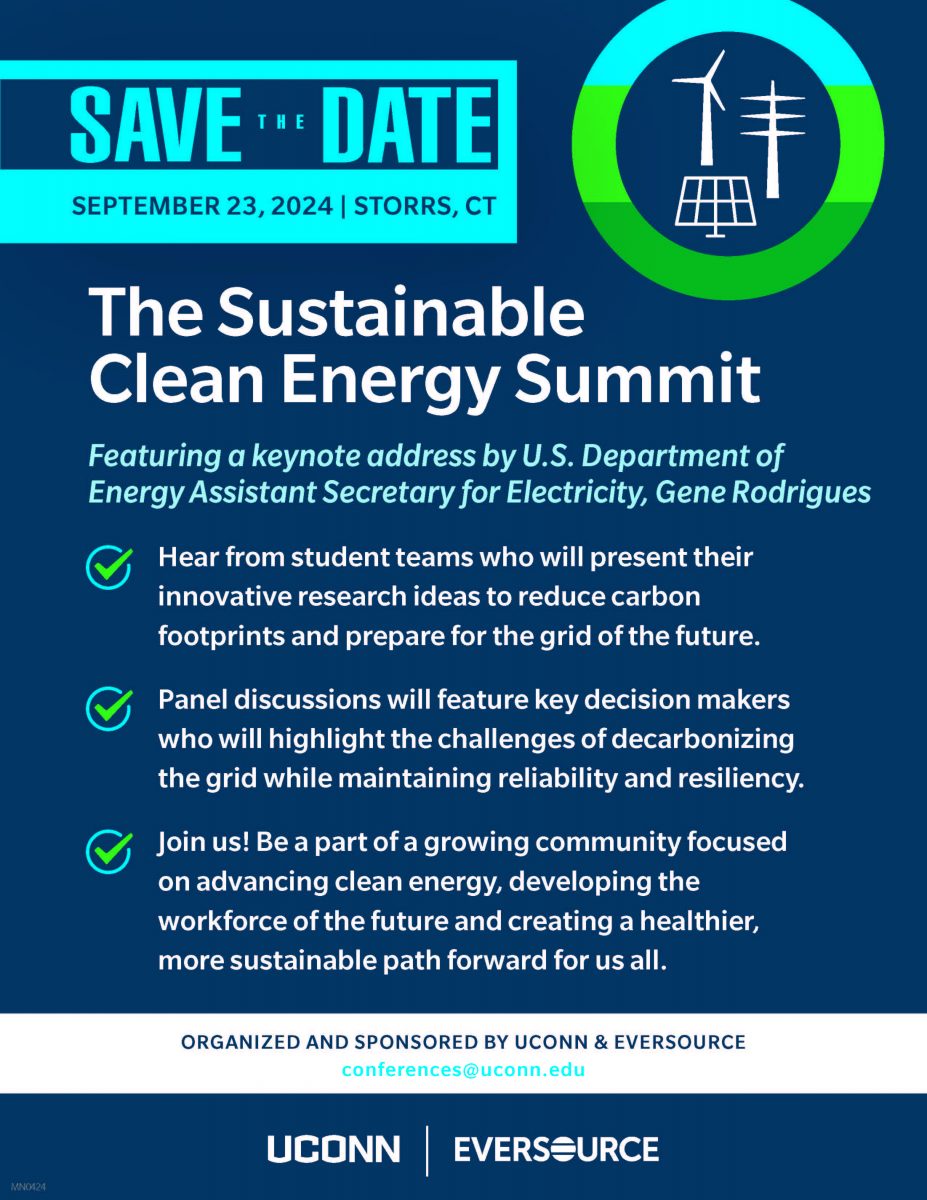Energy
Building Energy Resilience by Understanding Nuances of Power Outages Across the US
UConn research gives insights into regional weather differences that complicate grid resilience
UConn Ranked 8th Most Sustainable University in the World
WISER Awarded Eight UConn Projects to Advance Weather Innovation and Energy Resilience
Clean Energy Summit 2024
 On Monday, September 23, 2024, UConn hosted the Sustainable Clean Energy Summit: Decarbonizing Society and the Grid in collaboration with Eversource. The event brought together over 300 UConn students, faculty, and attendees from state government, industry, and various organizations to discuss the future of sustainable energy.
On Monday, September 23, 2024, UConn hosted the Sustainable Clean Energy Summit: Decarbonizing Society and the Grid in collaboration with Eversource. The event brought together over 300 UConn students, faculty, and attendees from state government, industry, and various organizations to discuss the future of sustainable energy.
The Summit featured a keynote address from Gene Rodrigues, U.S. Department of Energy Assistant Secretary for Electricity, and included several thought-provoking panel discussions. Key milestones of the day included the announcement of the Connecticut Sustainable Energy Institute at Avery Point and the signing of a new three-year memorandum of understanding with Eversource to implement energy efficiency upgrades across all UConn campuses.
We also celebrated the achievements of UConn graduate students Zhiqing “Lucy” Li, Steven Matile, and Meshach Ojo, who were awarded the Clean Energy and Sustainability Innovation Program (CESIP) award for their innovative research on “Potential Micro-Hydropower Retrofits at Municipal Wastewater Treatment Plants.” Their project will receive additional funding from Eversource to support further exploration.
Key Takeaways from the Summit:
- Grid Reliability: The growing demands of artificial intelligence, transportation electrification, and overall increases in energy consumption highlight the critical need to maintain grid reliability.
- Accessible Clean Energy: The transition to a clean energy grid must be inclusive, with policies and investments that balance innovation and equity.
- Multifaceted Approaches: Building a cleaner, more resilient energy future requires the integration of advanced technologies and strong partnerships across sectors.
- Collaborative Planning: Effective transition to a more resilient energy system hinges on collaborative planning, partnerships between state and federal entities, and active engagement with academic institutions.
- Modernization Investments: Neglecting investments in modernization can lead to higher long-term costs, disproportionately affecting vulnerable populations.
For a more detailed overview and additional highlights from this year’s Summit, please visit the CLEAN EARTH Laboratory website.
UConn and Yale Drive Quantum Innovation with State Support
The Quantum Initiative at UConn, in partnership with Yale University, is a dynamic and collaborative effort dedicated to advancing quantum science through interdisciplinary collaboration. By fostering a community through joint seminars, workshops, and outreach events, QuantumCT is working towards establishing a premier quantum center in Connecticut.

Program Highlights and Recent Developments
QuantumCT has been making significant strides, particularly with the recent announcement from the Governor of Connecticut. In a bold move to position Connecticut as a leader in innovation, the Governor announced a $100 million investment aimed at bolstering research and development in cutting-edge technologies, including quantum science. This substantial investment underscores the state’s commitment to fostering advancements in this transformative field.
A key development for QuantumCT is the introduction of Quantum Seed Grants, which are funding innovative solutions to real-world problems. Nine Connecticut-based research groups have received one-year seed grants to tackle challenge problems issued by corporate partners. These projects aim to develop algorithms for simulating molecular drug actions, invent accurate sensors for extreme environments, and address other critical needs in industries like aerospace and biotech.
Yale brings world-renowned expertise in quantum science and technology to the table, complementing UConn’s strengths and facilitating a robust exchange of ideas and resources. This partnership is vital in addressing the complex challenges in quantum research and development. Yale’s Vice Provost for Research, Michael Crair, highlights the importance of these collaborations, stating, “These grants are fertilizing creative, potentially transformative projects in quantum science and technology across several key industries, all of which are central to Connecticut’s present and future economy.”
QuantumCT has been active in hosting events that bring together leading minds in quantum science. For instance, Josiah Sinclair from MIT-Harvard CUA presented a colloquium at UConn on a new platform for quantum science in early 2024, featuring programmable arrays of single atoms. Events like this highlight the initiative’s dedication to cutting-edge research and collaboration.
Looking ahead, QuantumCT aims to position Connecticut as a global hub for quantum education, job training, and research innovation. The collaborative efforts of UConn, Yale, and industry partners are paving the way for a faster pace of quantum innovation. Pamir Alpay, UConn’s Vice President for Research, Innovation, and Entrepreneurship, notes, “These seed grants will fuel not only quantum discovery but also career opportunities in a high-demand STEM field.”
With the recent $100 million investment from the state, QuantumCT is well on its way to driving forward the next wave of technological advancements, transforming industries, and creating new economic opportunities. For more information about upcoming events and the latest research from QuantumCT, visit QuantumCT.org.
UConn Takes Major Step Towards Carbon Neutrality with New Fuel Cell Partnership at the Innovation Partnership Building
“Utilizing clean and sustainable energy sources to power our campuses … is one of the great challenges of our lifetimes“

The University of Connecticut is set to power its Tech Park exclusively with clean energy through a new partnership with FuelCell Energy. The Innovation Partnership Building (IPB) will soon host four 250-kilowatt solid oxide fuel cells, totaling 1 megawatt of power. This initiative aligns with UConn’s sustainability goals and commitment to carbon neutrality.
UConn President Radenka Maric, a renowned clean energy expert, emphasized the dual benefits of this partnership: “Utilizing clean and sustainable energy sources to power our campuses as we work toward our carbon neutrality goals, while at the same time providing research and learning opportunities for members of our campus community, is one of the great challenges of our lifetimes.”
The fuel cells will generate energy without combustion, providing a cleaner alternative to carbon-based sources. They will power all of Tech Park’s advanced technology laboratories, centers, and institutes. Pamir Alpay, UConn’s Vice President for Research, Innovation, and Entrepreneurship, stated, “The addition of these fuel cell units will sufficiently power the entire Tech Park, moving us closer to our goal of carbon neutrality without compromising the needs of our partners and centers that call the Tech Park home.”
The project will be completed in two phases by FuelCell Energy. Once integrated into a building microgrid, any unused power will be exported to the Eversource power grid. The units will also operate in a combined heat and power mode, allowing for thermal energy recovery.
FuelCell Energy’s President and CEO, Jason Few, expressed enthusiasm for the collaboration: “We are excited to work with UConn to support its Innovation Partnership Building and 2030 carbon-neutral goal.”
UConn has pledged to become carbon neutral by 2030 and net carbon zero by 2040, transforming the university’s infrastructure and research opportunities. The addition of new fuel cells supports these goals and complements UConn’s recently adopted Strategic Plan.
To learn more about the fuel cell upgrade, click here.
Registration is Open! Sustainable Clean Energy Summit 2024 – September 23rd
Save the Date

Co-Hosts University of Connecticut and Eversource are partnering again to continue the dialogue on pressing equitable clean energy issues in the second Sustainable Clean Energy Summit on Monday, September 23, 2024, at the UConn Storrs campus. Last year’s turnout of 400+ students, faculty and energy professionals highlighted the need for continued collaboration and exploration of the shifting energy landscape. The summit will feature the second cohort of students participating in the Eversource-sponsored Clean Energy and Sustainability Innovation Program (CESIP). As part of this program, students are researching viable solutions (technical, social, and political) to address different aspects of the grand challenge of decarbonization and economic development in meeting ambitious climate goals.
UConn is proud and eager to announce that keynote speaker Gene Rodrigues, Assistant Secretary for Electricity, U.S. Department of Energy will kick off this year’s summit. Mr. Rodrigues brings both a technical expertise to creating a reliable and affordable power grid and serves as DOE’s senior official on the federal interagency working group for the White House Initiative on Asian Americans, Native Hawaiians, and Pacific Islanders. Panels with leaders from industry, government, and community organizations will follow and we will finish with a Clean Energy Fair (again!).
Please mark September 23 on your calendar. Registration information will be sent in late July. We hope to see you there!
Questions: contact University Events and Conference Services, conferences@uconn.edu.